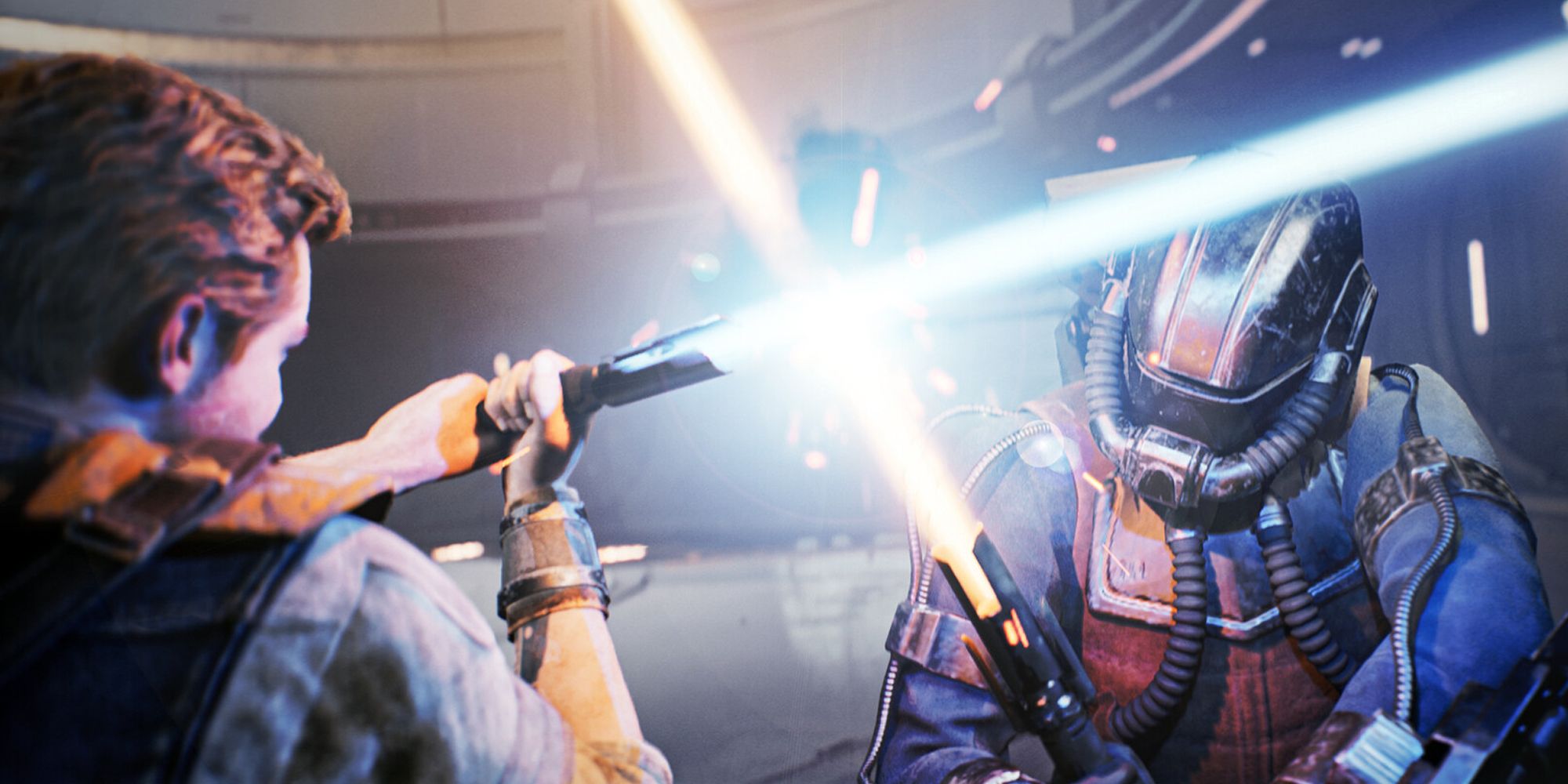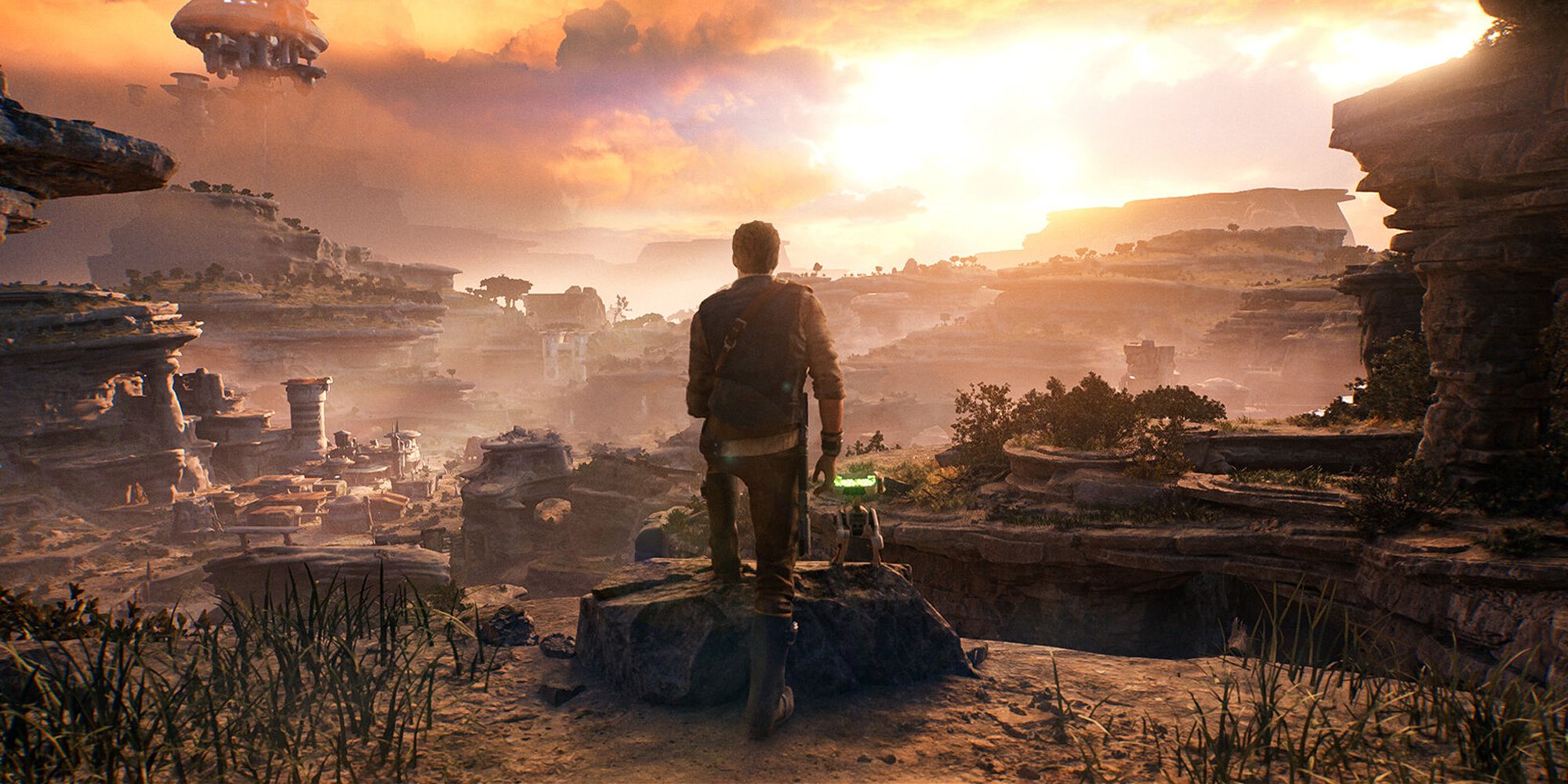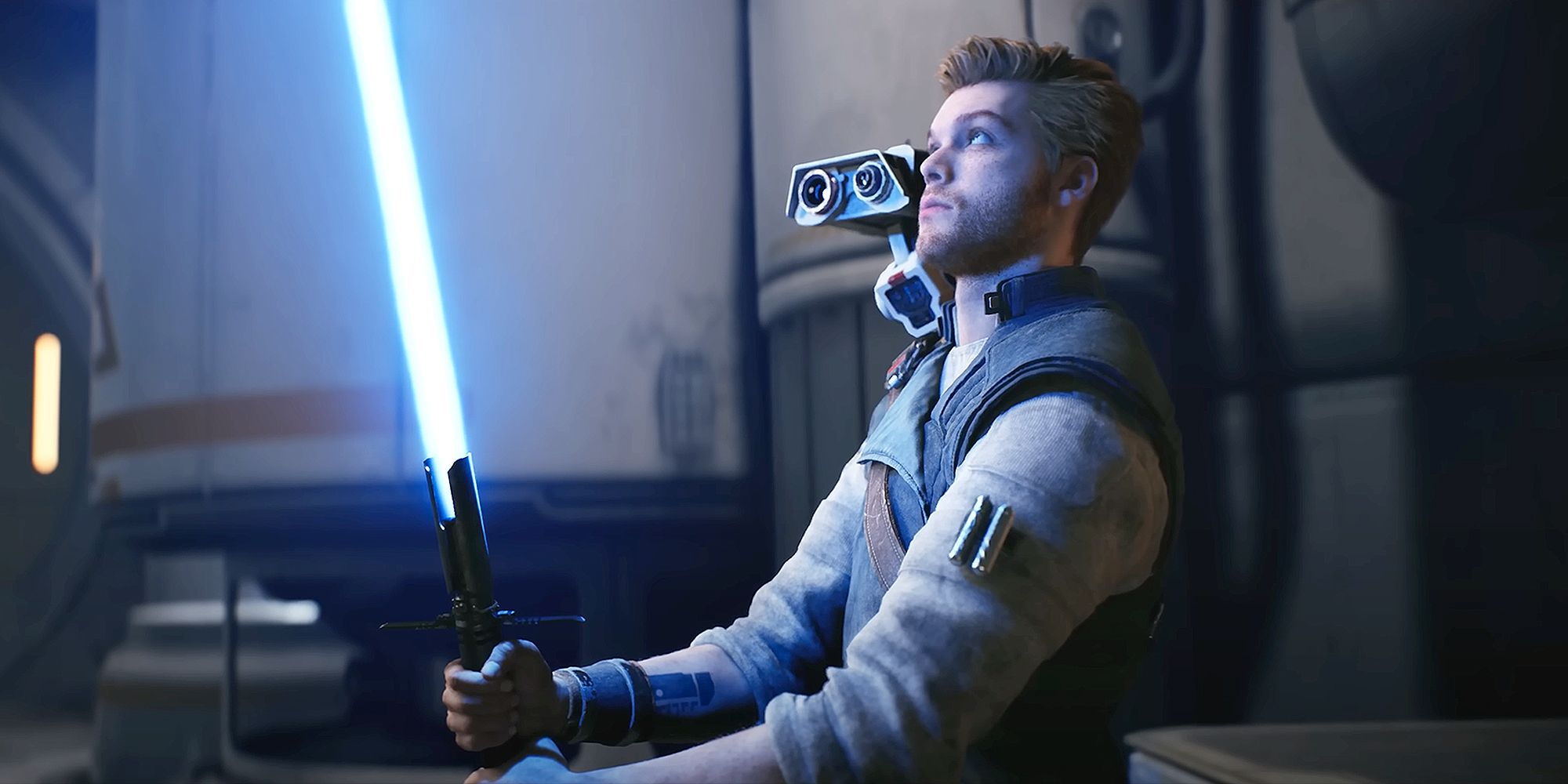Star Wars Jedi: Survivor, EA and Respawn Entertainment’s highly-anticipated sequel to their critically acclaimed action-adventure Star Wars Jedi: Fallen Order, is slated to release on April 28, 2023, and fans couldn’t be more excited. The first game in the series took the world by storm and is considered by many to be one of the greatest Star Wars games ever made, so many gamers are expecting the sequel to exceed its predecessor. In Jedi: Survivor, players step back into the shoes of Cal Kestis, now an experienced Jedi Knight, as he continues his journey escaping the clutches of the Empire while fighting to save those closest to him.
While Jedi: Survivor is releasing on PlayStation 5 and Xbox Series X/S, it will also be made available on PC through various platforms. Given the game’s level of detail that has been revealed in its trailer and gameplay footage, PC players may want to know whether their computer’s hardware can not only support it but run it efficiently. As such, here’s a brief rundown of the minimum and recommended PC specifications for Star Wars Jedi: Survivor.
Star Wars Jedi: Survivor CPU Requirements
|
CPU Type |
Minimum System Requirements |
Recommended System Requirements |
|---|---|---|
|
Intel |
Core i7-7700 |
Core i5 11600K |
|
AMD |
Ryzen 5 1400 |
Ryzen 5 5600X |
Games like Star Wars Jedi: Survivor are bound to take a toll on a CPU, as the CPU substantially impacts aspects of a game like its frame rate and scalable elements. Considering the amount of detail that has been poured into Jedi: Survivor‘s expansive world, and the way it appears to respond to Cal, a high-end CPU is desirable for the best results. Fortunately, the recommended CPU requirements for Jedi: Survivor are both affordable options that will provide players with an overall satisfying experience.
Star Wars Jedi: Survivor‘s minimum CPU requirements call for an Intel Core i7-7700 or an AMD Ryzen 5 1400, both of which were released in 2017, making them around six years old now. However, Jedi: Survivor‘s recommended CPU requirements, an Intel Core i5 11600K or an AMD Ryzen 5 5600X, will allow the game to perform at its optimal capacity. Players should note that anything below the recommended CPU specifications will result in a decrease in frame rate, especially in open-world or densely-populated areas.
Star Wars Jedi: Survivor GPU Requirements
|
GPU Type |
Minimum System Requirements |
Recommended System Requirements |
|---|---|---|
|
Nvidia |
GTX 1070 |
RTX 2070 |
|
AMD |
Radeon RX 580 |
RX 6700 XT |
Judging by what EA and Respawn have revealed through various gameplay and story trailer footage of Star Wars Jedi: Survivor, the action-adventure sequel looks to be a graphical masterpiece — one that far exceeds its predecessor. As GPUs handle graphics-related tasks, it would make sense for a high-end game like Jedi: Survivor to require a tremendous amount of power from a GPU. Thankfully, Jedi: Survivor doesn’t require as much as one would think.
Jedi: Survivor‘s minimum GPU requirements call for an Nvidia GTX 1070 or an AMD Radeon RX 580, which are both quite outdated at this point, so PC players with older graphics cards shouldn’t worry too much. That being said, running the game with its recommended Nvidia RTX 2070 or AMD RX 6700 XT will require less CPU power, not only allowing the game to utilize modern graphic technology but run more efficiently as well.
Star Wars Jedi: Survivor RAM and Storage Requirements
|
PC Specifications |
Minimum System Requirements |
Recommended System Requirements |
|---|---|---|
|
RAM |
8 GB |
16 GB |
|
Storage Space |
155 GB |
155 GB SSD |
As far as Jedi: Survivor‘s RAM requirements go, its minimum requirement of 8 GB and recommended 16 GB will determine how quickly the game’s assets are loaded, both when it is booted up and between zones. The Fallen Order sequel will also require a whopping 155 GB of storage space, but it is recommended (as it is with all games) that it be stored on an SSD drive for faster launch and load times than an HDD can provide.


